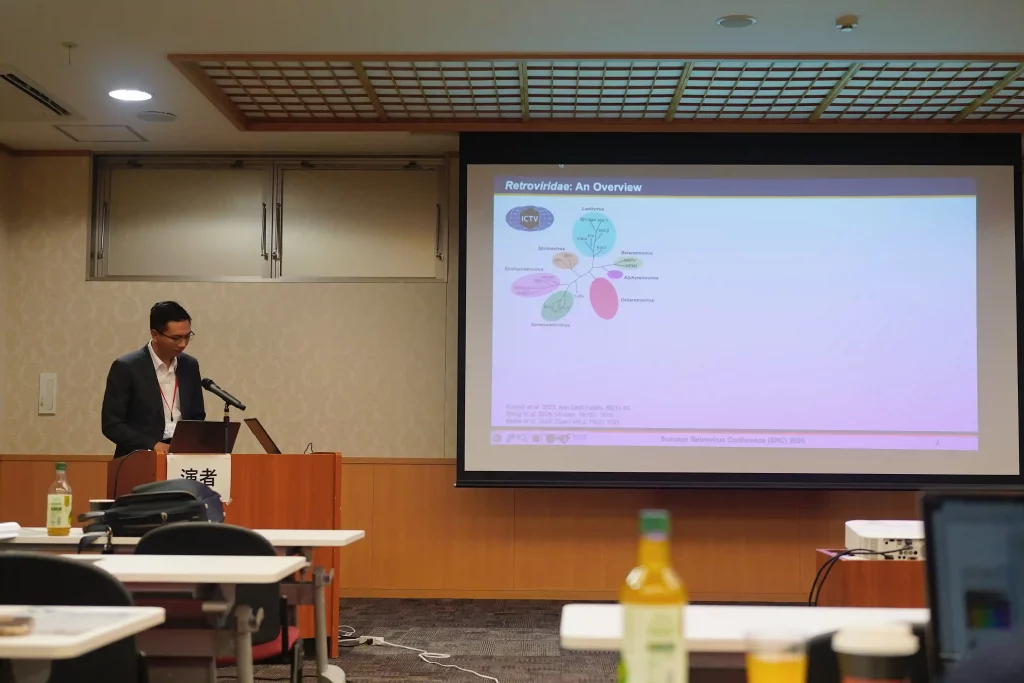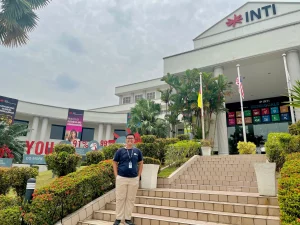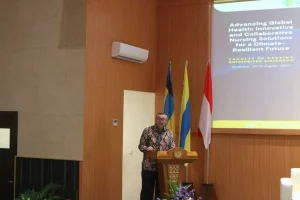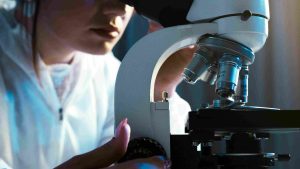UNAIR NEWS – Dr. Arif Nur Muhammad Ansori, a researcher from Universitas Airlangga’s Postgraduate School, was selected to present at the 27th Summer Retrovirus Conference (SRC2025), held at the Hotel Mark One Tsukuba Research Academy in Tsukuba, Japan. Ansori expressed pride in representing both Indonesia and UNAIR at such a prestigious international forum.
“I feel honored and grateful to be chosen as a presenter at this highly regarded conference in Japan. This opportunity represents both a personal achievement and recognition of my research contributions in virology, particularly regarding bovine leukemia virus (BLV) in cattle,” he said.
Leading scientific forum on retroviruses
The conference spotlighted cutting-edge research on retroviruses, including HIV, Human T-lymphotropic Virus (HTLV), and animal retroviruses. Attendees included experts from prominent Japanese institutions such as NIBIOHN, NIID, RIKEN, Miyazaki University, Tokyo University of Science, Kumamoto University, Hokkaido University, and NARO. The event was chaired by Dr. Kiyohiko Andoh, DVM, of the National Agriculture and Food Research Organization (NARO).
“This forum is vital for exchanging ideas, as retrovirus-related diseases remain significant challenges in both human and veterinary health,” Ansori explained.
Research on biomarkers for BLV detection
Ansori presented his research on developing cell-free DNA (cfDNA) technology as a biomarker for enzootic bovine leukosis (EBL), a B-cell cancer in cattle caused by BLV. His work focuses on leveraging cfDNA to enable earlier and more accurate detection of the disease.
“I chose this topic because I want to help solve real-world issues in veterinary medicine. BLV is a serious concern in Japan, causing economic losses for many cattle farms, particularly in Kumamoto. Through this research, I hope to strengthen Indonesia–Japan collaboration in retrovirus research and showcase the capabilities of Indonesian scientists,” he said.
Key findings and future directions
Ansori’s study uses cfDNA in combination with real-time PCR (qPCR) and droplet digital PCR (ddPCR) to detect retroviral DNA fragments from tumor cells in a non-invasive, highly accurate manner.
“My findings show that cfDNA technology is more effective than traditional methods in distinguishing BLV-infected cattle with EBL symptoms. This technique shows great promise for early disease detection,” he stated.
The research was conducted in the Genomics and Transcriptomics Division (Satou Lab) at the Joint Research Center for Human Retrovirus Infection, Kumamoto University, under the supervision of Prof. Yorifumi Satou. Looking ahead, Ansori plans to further develop this research for broader application—not only in veterinary science but also in human medicine for retrovirus detection. “I also hope to expand international collaborations so this research can have a greater global impact,” he concluded.
Author: Ameyliarti Bunga Lestari
Editor: Yulia Rohmawati









